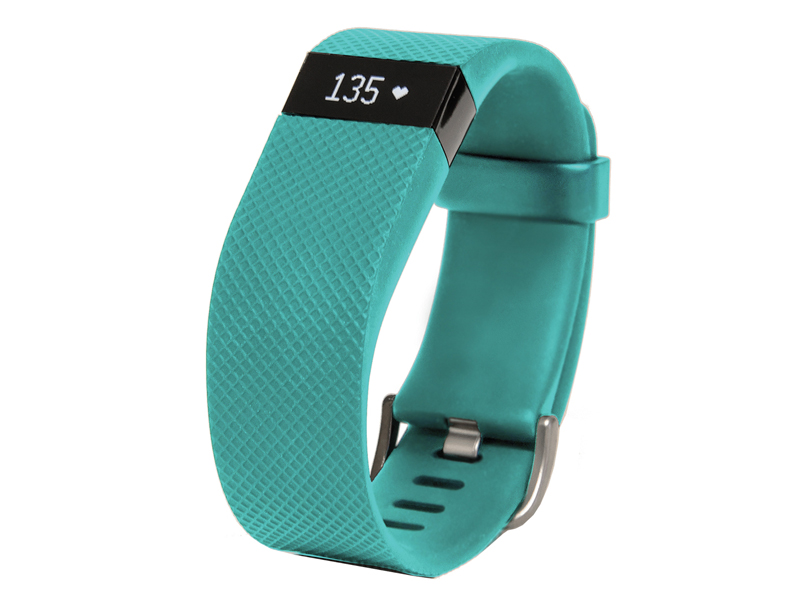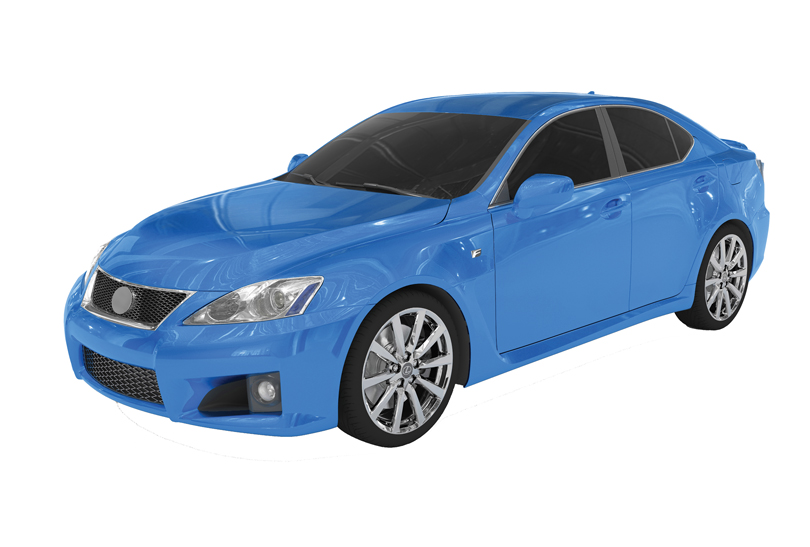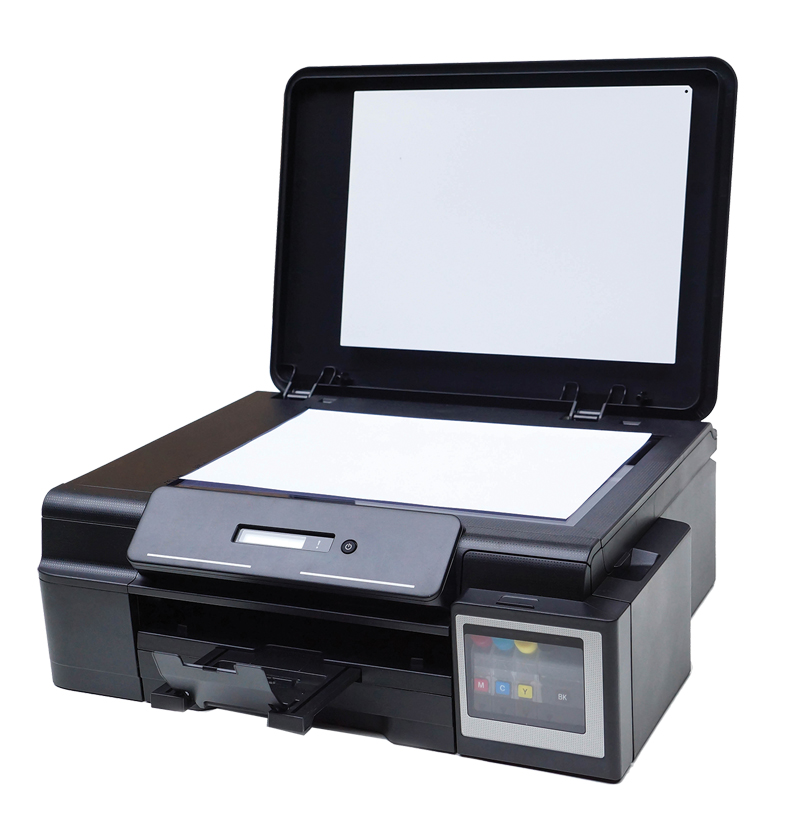Parting is such sweet sorrow … and downright dangerous if you don’t dispose of your electronic devices properly.
Family photos. Social media accounts. Bank information.
Think of all the sensitive material you’ve got stored in your electronic devices. Even if you’re vigilant about protecting it, you could be handing it all over to criminals if you don’t dispose of your devices properly.
“Pretty much anything that’s electronic that has a computer connection or data connection is what you want to be concerned with,” said Dr. John Krautheim, assistant professor of cybersecurity at Augusta University’s School of Computer and Cyber Sciences. “Anything that has personal information on it … specifically your phones, tablets and computers, are immediately the things you would want to think about being secured before you [get rid of them].”
Krautheim gives some tips on what you can do to properly delete sensitive information from the different devices before you replace them with new technology.
Encryption, Encryption, Encryption
Your first line of protection is to ensure that all your electronic devices that allow encryption are actually encrypted.
Encryption protects your private information with a digital key — usually a password. Only people with that key will be able to access your information.
“That means that all the data that’s there, even if you don’t go back and erase it, is not going to be usable,” Krautheim said.
This step is important because encryption will make it extremely difficult and even cost prohibitive for hackers to access that information.
Krautheim says you can easily encrypt your device when you first turn it on — you’ll usually be asked at start up if you want to use encryption. If you do it from the beginning, all your private information later stored in the device will be protected inside this encryption safe.
If you have not encrypted your device yet, however, you will probably need to follow the manufacturer’s instruction to activate this tool.
Shredding Data Digitally or Physically
If you want to dispose of your desktop computer or laptop, you will need to do more than just drag your files to the trash bin and empty it. Just like someone can go through your trash can at home, hackers can use forensic tools to recover that data from your hard drive.
The best free way to permanently shred your information digitally is by using data-wiping software, such as DBAN.
“It’s going to wipe everything,” Krautheim said. “If you are really paranoid about it or if you have really sensitive information on your device, that’s what you do.”
With tablets or smartphones, Krautheim says you should log off of any social media or cloud accounts, back up any information you would like to save, and follow the manufacturer’s instruction to do a factory reset.
“What the factory reset is going to do is put [the device] back into the state where you initially bought it,” he said. “It will go and clean the device up.”
If that’s not thorough enough to put your mind at ease, a surefire way to guarantee all private information is permanently deleted from any of those devices is to physically destroy the hard drive, which stores all user information.
“You can take it to data places, and they actually have hard drive shredders,” Krautheim said. “If your data is that sensitive, and you are really concerned with it, that’s the only way you are going to really destroy that data.”

Printers, Scanners and the Internet of Things
You might not consider your use of printers or scanners to be particularly dangerous, but they, too, can pose a security threat, especially the industrial kinds that most offices and businesses use.
“They actually have hard drives in them,” Krautheim said. “They store everything that you print, everything that you scan … . You can go back days, months or years of things that you printed or scanned if the hard drive is big enough.”
Other devices that deserve attention belong to the internet of things. These are everyday objects that are now connected, such as your FitBit, Amazon Echo and smart appliances.
“You may not think about it … but if you leave your password on it, somebody could get your password and possibly breach your network,” Krautheim said. “If I have your network name, there are actually websites where I can search for it and they will give me its location on a map.”
With an address in hand, hackers can go to your home or business and use your password to hack into your network. They could then steal information from your other electronic devices.
Although it is improbable that a hacker would go to this extent just to track down the average person, this is not an impossible scenario. So Krautheim says you should delete your network information from those devices before getting rid of them.
Modern Cars
Even your car can pose a security threat if you connect your smartphone to it via Bluetooth.
“Even without your phone, somebody would be able to see whom you called and maybe have access to your phone numbers,” Krautheim said.
Therefore, before selling a car, Krautheim recommends that you wipe any information it has about your smartphone. For the same reasons, he cautions people not to connect their devices to rental cars.
By following these safety measures, Krautheim says, your information will be better protected when you dispose of old electronic devices.












